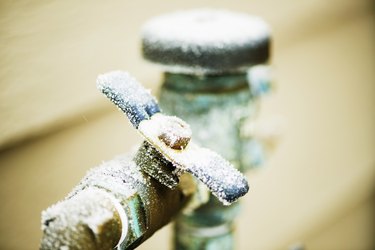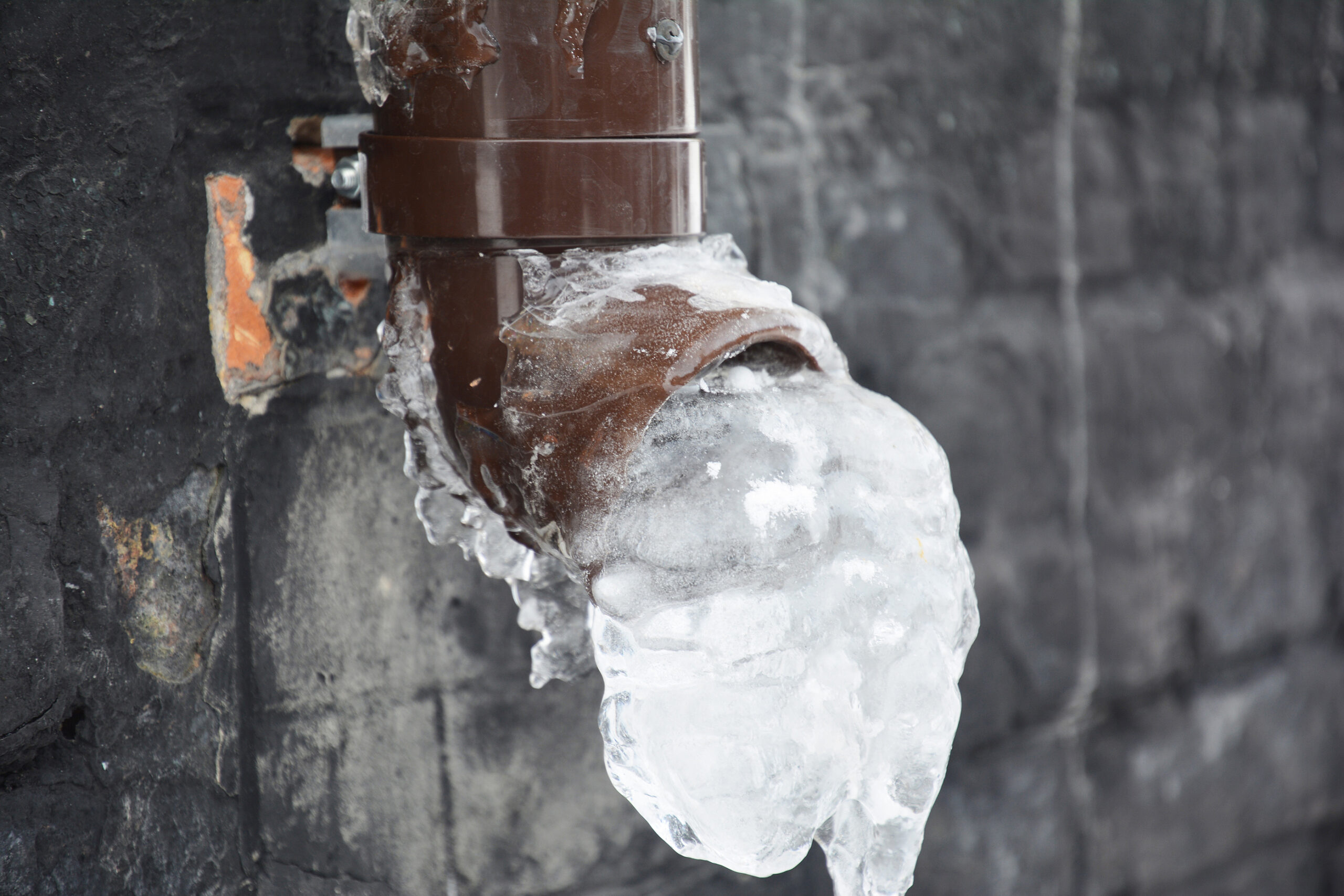Preventing Frozen Plumbing in Cold Weather: Critical Tips
Preventing Frozen Plumbing in Cold Weather: Critical Tips
Blog Article
Every person seems to have their own unique rationale involving Winter Plumbing Precautions: Preventing Frozen Pipes.

Cold weather can wreak havoc on your plumbing, particularly by freezing pipes. Right here's just how to stop it from occurring and what to do if it does.
Intro
As temperatures decline, the danger of icy pipelines boosts, possibly leading to expensive repairs and water damage. Recognizing exactly how to avoid frozen pipes is essential for house owners in chilly climates.
Comprehending Icy Pipes
What creates pipelines to ice up?
Pipelines freeze when revealed to temperatures listed below 32 ° F (0 ° C) for prolonged periods. As water inside the pipelines freezes, it increases, taxing the pipeline walls and potentially triggering them to burst.
Threats and damages
Icy pipelines can result in water interruptions, building damage, and expensive repairs. Burst pipelines can flooding homes and trigger considerable structural damages.
Indications of Frozen Water Lines
Determining frozen pipelines early can avoid them from bursting.
Exactly how to determine icy pipes
Look for lowered water circulation from taps, uncommon smells or sounds from pipes, and noticeable frost on revealed pipes.
Avoidance Tips
Protecting susceptible pipelines
Wrap pipes in insulation sleeves or utilize warm tape to protect them from freezing temperatures. Concentrate on pipes in unheated or external locations of the home.
Heating strategies
Keep indoor spaces appropriately heated up, specifically areas with pipes. Open up cabinet doors to permit cozy air to circulate around pipes under sinks.
Shielding Outside Pipes
Garden tubes and outside faucets
Separate and drain pipes garden pipes before winter months. Install frost-proof spigots or cover outdoor taps with protected caps.
What to Do If Your Pipes Freeze
Immediate actions to take
If you think frozen pipelines, keep faucets open up to eliminate stress as the ice melts. Make use of a hairdryer or towels soaked in hot water to thaw pipelines gradually.
Long-Term Solutions
Structural modifications
Consider rerouting pipelines far from outside walls or unheated areas. Add added insulation to attic rooms, cellars, and crawl spaces.
Upgrading insulation
Purchase top notch insulation for pipelines, attics, and wall surfaces. Appropriate insulation assists maintain regular temperature levels and reduces the risk of icy pipelines.
Verdict
Avoiding icy pipelines requires proactive measures and fast responses. By comprehending the reasons, signs, and preventive measures, homeowners can protect their pipes throughout winter.
Helpful Tips to Prevent Frozen Pipes this Winter
UNDERSTANDING THE BASICS: WHY PIPES FREEZE AND WHY IT’S A PROBLEM
Water freezing inside pipes is common during the winter months, but understanding why pipes freeze, and the potential problems it can cause is crucial in preventing such incidents. This section will delve into the basics of why pipes freeze and the associated problems that may arise.
THE SCIENCE BEHIND FROZEN PIPES
When water reaches freezing temperatures, it undergoes a physical transformation and solidifies into ice. This expansion of water as it freezes is the primary reason pipes can burst. As the water inside the pipe freezes, it expands, creating immense pressure on the walls. If the pressure becomes too great, the pipe can crack or rupture, leading to leaks and water damage.
FACTORS THAT CONTRIBUTE TO PIPE FREEZING
Low Temperatures: Extremely cold weather, especially below freezing, increases the risk of pipes freezing. Uninsulated or Poorly Insulated Pipes: Pipes located in unheated areas, such as basements, crawl spaces, or attics, are more prone to freezing. Insufficient insulation or lack of insulation altogether exacerbates the problem. Exterior Wall Exposure: Pipes running along exterior walls are susceptible to freezing as they encounter colder temperatures outside. Lack of Heating or Temperature Regulation: Inadequate heating or inconsistent temperature control in your home can contribute to frozen pipes. PROBLEMS CAUSED BY FROZEN PIPES
- Pipe Bursting: As mentioned earlier, the expansion of water as it freezes can cause pipes to burst, resulting in significant water damage.
- Water Damage: When pipes burst, it can lead to flooding and water damage to your property, including walls, ceilings, flooring, and personal belongings.
- Structural Damage: Prolonged exposure to water from burst pipes can compromise the structural integrity of your home, leading to costly repairs.
- Mold and Mildew Growth: Excess moisture from water damage can create a favorable environment for mold and mildew growth, posing health risks to occupants.
- Disrupted Water Supply: Frozen pipes can also result in a complete or partial loss of water supply until the issue is resolved.
WHY CERTAIN PIPES ARE MORE PRONE TO FREEZING
- Location: Pipes located in unheated or poorly insulated areas, such as basements, crawl spaces, attics, or exterior walls, are at higher risk of freezing.
- Exterior Pipes: Outdoor pipes, such as those used for irrigation or exposed plumbing, are particularly vulnerable to freezing as they are directly exposed to the elements.
- Supply Lines: Pipes that carry water from the main water supply into your home, including the main water line, are critical to protect as freezing in these lines can affect your entire plumbing system.
- Underground Pipes: Pipes buried underground, such as those connected to sprinkler systems or outdoor faucets, can be susceptible to freezing if not properly insulated.
https://busybusy.com/blog/helpful-tips-to-prevent-frozen-pipes-this-winter/

I discovered that blog entry about How to prepare your home plumbing for winter weather while doing a lookup on the web. Make sure you pause to distribute this write-up if you enjoyed reading it. I praise you for your time. Revisit us soon.
Book Appointment Now Report this page